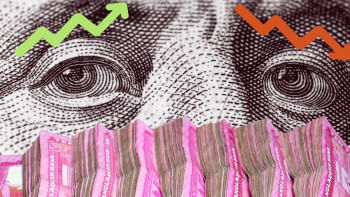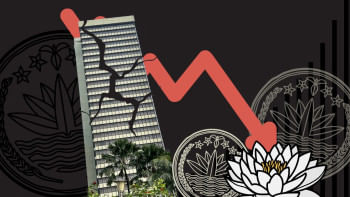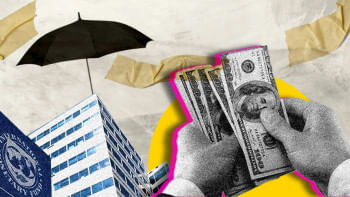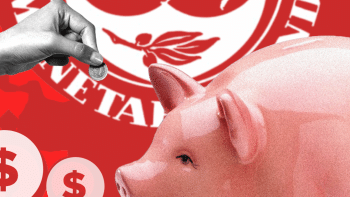OPEN SKY
Why our balance of payments won’t balance out post-election
With the facade of the elections at its height, prevailing financial issues seem to have faded into the background.
A faulty tax policy equals a dehydrated housing sector
Under the Income Tax Act, 2023, the 'gain' tax on plots, flats and commercial establishments has doubled and redoubled.
Opinion / Rising risky loans and the talent of making excuses
The actual share of NPLs in total loans would have crossed 20 percent had BB not loosened the definition.
Surging government borrowing portrays a grim future
Recent trends seem to care too little about the wise art of deficit financing.
Monetary policy has been set free... but not really
While the government’s latest monetary policy for the first half of fiscal year 2023-24 shows an attempt to be rational for the market, it lacks vigour to solve inflation and the dollar crisis.
National Budget 2023-24: Of sweet accounting and sour economics
If we choose only 10 commodities and measure inflation, the figure will land at no less than 20 percent.
The nation expects brevity and sobriety in the budget
Understanding the nation’s expectations in designing the budget for FY2024 is essential
What makes Bangladesh the 'champion' of default loans?
The news of Bangladesh occupying the second-highest position in South Asia in terms of a bad loan ratio is no surprise.
In search of a happier Bangladesh
The World Happiness Report 2023 has placed Bangladesh in the 118th position out of 137 countries.
Should US bank failures concern Bangladesh’s financial sector?
What has led to bank failures in the US may look different from what Bangladeshi banks are living through now, but the bottom line is the same.
Is dual citizenship to blame for money laundering?
“Is Bangladesh a place of looters?” – this question was raised by the High Court last month.
Bangladesh can avoid the middle-income trap yet
Bangladesh’s economic leadership must devote its integrity to ensuring quality growth along with lower income inequality.
Bangladesh’s Monetary Policies: A poor dose of the right medicine
Bangladesh Bank has missed the train by caving in to the pressure of the finance ministry, which dictates policymaking at the central bank being driven by short-term political interests.
Time for a new central bank and monetary policy
The recent policy changes have been so enormous that they have already made the old monetary policy largely defunct.
Reward job creators, not profit vultures
The approach to address unemployment has remained faulty, superficial, bureaucratic, and substandard.
Will the IMF loan stop forex reserve depletion?
The rate of reserve depletion is alarming, and the IMF loan will not be enough to fend off the haemorrhage.
What the IMF said, our economists have said before
What Bangladeshi economists have been saying for a long time is pretty much what the International Monetary Fund (IMF) has told our central bank and the government.
What's so wrong with hundi?
The central bank’s deviation from the policy commitment is the main reason why hundi-makers mushroomed at home and abroad.














